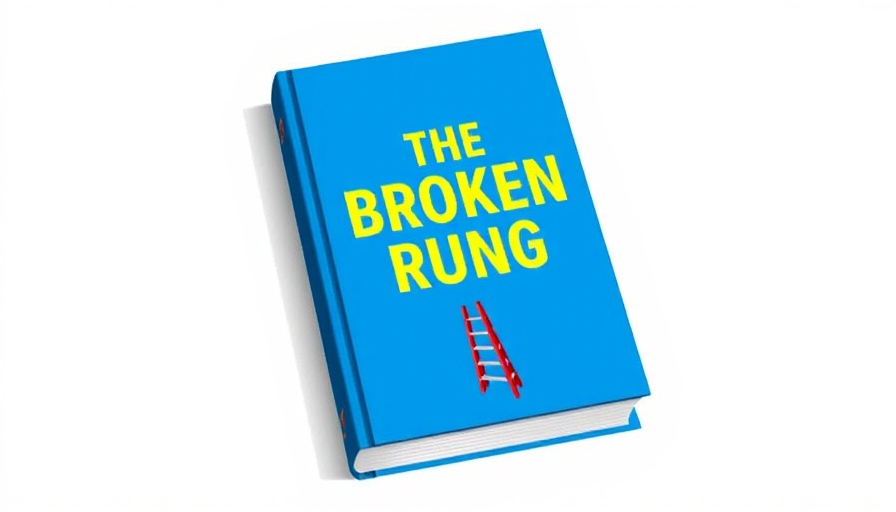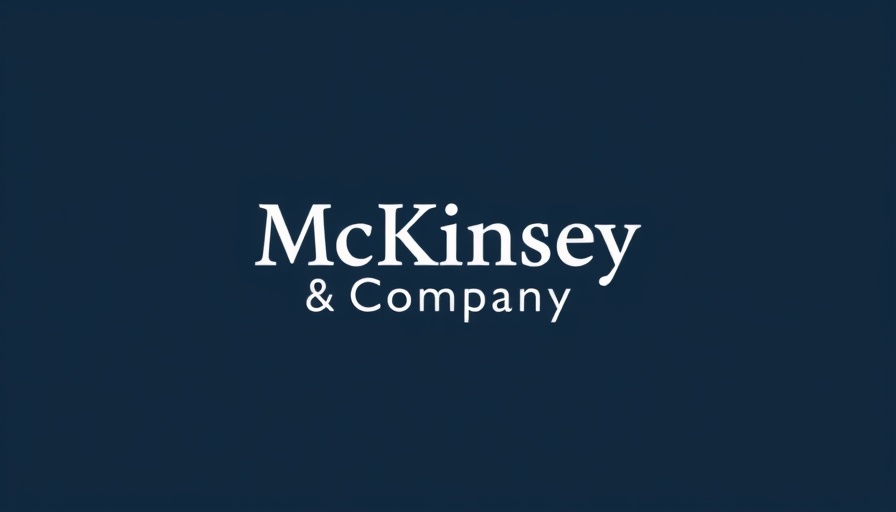
Breaking Barriers: Understanding the Broken Rung
The corporate ladder often presents daunting challenges, especially for women advancing their careers. In The Broken Rung: When the Career Ladder Breaks for Women—and How They Can Succeed in Spite of It, McKinsey senior partners Kweilin Ellingrud, Lareina Yee, and María del Mar Martínez delve into a critical issue: the missing promotion step that stymies women's career progression. This 'broken rung' occurs early in women's careers—typically when they should achieve their first promotion—creating a ripple effect that discourages upward mobility and perpetuates wage gaps. The authors argue that despite excelling academically and possessing qualifications, the structural barriers in workplaces prevent women from gaining 'experience capital,' which accounts for a significant portion of lifetime earnings.
Why Does the Broken Rung Exist?
Research shows a stark contrast between women's academic success and their workplace attainment. While women earn 56% of college degrees in the US and the UK, many find themselves stalled in corporate environments lacking necessary support. Ellingrud explains how the underestimated value of mentoring, sponsorship, and affirmative career development affects women's ascent in professional settings. The absence of adequate role models and structural support exacerbates the challenges for women, ultimately leading to fewer women at senior management levels.
Strategies for Navigating Career Challenges
One of the book’s core messages is that women can harness connections and networks to sidestep the obstacles presented by the broken rung. Building a personal brand, seeking mentorship, and engaging in leadership training early in their careers can help mitigate these challenges. The authors' emphasis on gathering experience capital reflects not only the quantifiable skills gained in jobs but also the intangible advantages such as visibility and advocacy. Proactive career management empowers women to strategically position themselves for promotions and equitable pay.
Future Directions and Cultural Shifts
Looking ahead, the conversation surrounding women in leadership roles is gradually evolving. Organizations are recognizing the importance of diversity as a business imperative. With increasing pressure from stakeholders for equity, firms are progressively implementing policies designed to dismantle barriers for women. Future predictions point to an environment where flexible work arrangements and diversity initiatives will be foundational in attracting and retaining female talent. As behaviors shift within corporate cultures, the hope is that the paradigm will finally allow women to ascend the career ladder without encountering a broken rung.
Making Changes: Organizational Accountability
Delving deeper into systemic shifts, it becomes crucial for companies to hold themselves accountable regarding gender diversity. This includes regular audits of promotion tracks, salary reviews, and mentorship programs. Proactive measures from companies that prioritize gender diversity will create a more equitable environment that not only serves women but enriches workplace culture. Successful organizations are those that recognize the importance of nurturing talent across the board and ensure that women receive the tools necessary for success at every career stage.
A Call for Change and Community Support
As conversations around women in leadership escalate, collective action from industries, organizations, and communities is essential. By fostering supportive discussions and including more voices in the narrative, we can change the landscape of women's professional experiences. The movement starts by encouraging dialogue and collaboration, making it clear that the success of women in the workplace is not just a women’s issue but a business-critical imperative for all.
 Add Row
Add Row  Add
Add 




Write A Comment